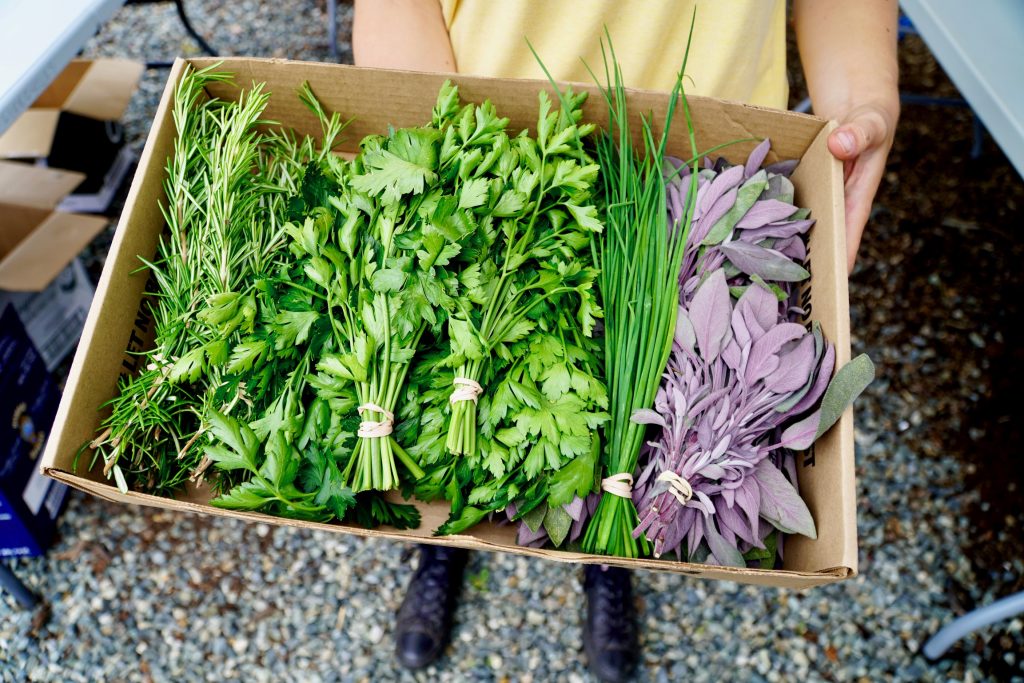
Just food for thought
Taking a bite out of poverty in BC
Food insecurity is always top of mind at LifeCycles, and when we talk about food insecurity, we’re talking about money (or lack thereof). Access to healthy food is a basic human right and just food for all will only become possible if we address the systemic barriers preventing everyone from being able to feed themselves with dignity.
The statistics around food insecurity tell us that not only are people going hungry in our province, they’re going hungry because they cannot afford to eat.
Taking a big bite out of poverty has been on the current BC government’s to do list since 2017. The pandemic may have fast-tracked certain parts of it, such as the temporary supplement to social assistance and disability payments implemented near the start of the pandemic, as well as the permanent increase to those same payments that kicks in this month. For the third time, our government has increased these payments (all part of their plan to reduce overall poverty by 25% in BC by 2024).
With this latest increase, those receiving disability and income assistance see an additional $175 per month, bringing the total received by a single adult on social assistance to $935 per month and $1,358.42 per month for a single adult receiving disability.
These increases are good to see but are they enough?
Slightly more money, same problems
This amount is just over half of the $300 those same people were receiving each month from April – December 2020 to supplement their assistance payments as part of COVID-19 relief. Even with that temporary increase, many receiving funds were still living below BC’s official poverty line (according to the Living Wage for Families campaign, for a single adult with no children that line is an annual income $18,213 – as of 2017). Though this permanent increase is the largest of its kind (as per our current provincial government), it is still not enough.
The permanent increase to social assistance and disability payments comes after the temporary COVID-19 supplement was halved in January of this year. This clawback drew major criticism and rightly so. The pandemic presented ongoing financial difficulties that have disproportionately affected those on disability and social assistance. Even with the supplement, single individuals on social assistance were living in deep poverty (defined as a household income below 75% of poverty thresholds). To claw back this money at a time when people were still relying on it is cruel.
An open letter from the UNION OF BC INDIAN CHIEFS (UBCIC) in Vancouver said it best:
“As pre-COVID social assistance rates did not even lift people above BC’s official poverty line, the COVID supplement was a vital support that had tangible and critical impacts; persons with disabilities and impoverished individuals and families relied upon every dollar to afford basic necessities such as food, clothing, transportation, and internet.”
This is not enough
Prior to 2017, assistance payments had been frozen for almost a decade. Pre-pandemic social assistance payments were insufficient as they hadn’t been increased alongside typical inflation. As housing, food and the cost of other basic needs have increased, social assistance has remained the same. This doesn’t serve to provide the necessary support for folks to thrive. It doesn’t even provide enough to survive.
While an increase in funds is positive, it is not enough. This increase does not equal additional funding. Most of the money received has to be spent on bills and other necessities before it even hits bank accounts. There’s often nothing leftover to budget with despite the fact that those who don’t have much money are often the best at budgeting.
Money is earmarked for rent, groceries, diapers, bus fare, childcare and other necessities. It covers overdraft. And it is not enough to get ahead, especially for those who are already so far behind.
The decision for this increase comes not long after the release of the Basic Income Report where the results of their research determined that a Universal Basic Income (UBI) was not feasible in BC. The report outlines changes to assistance programs in BC that they claim would work better than a UBI. However, we can’t help but wonder how working within an already faulty system can elicit long-term change.
Even as we make progress, we must continue to be critical. We must continue to advocate for equity and call for greater systems change.
Resources